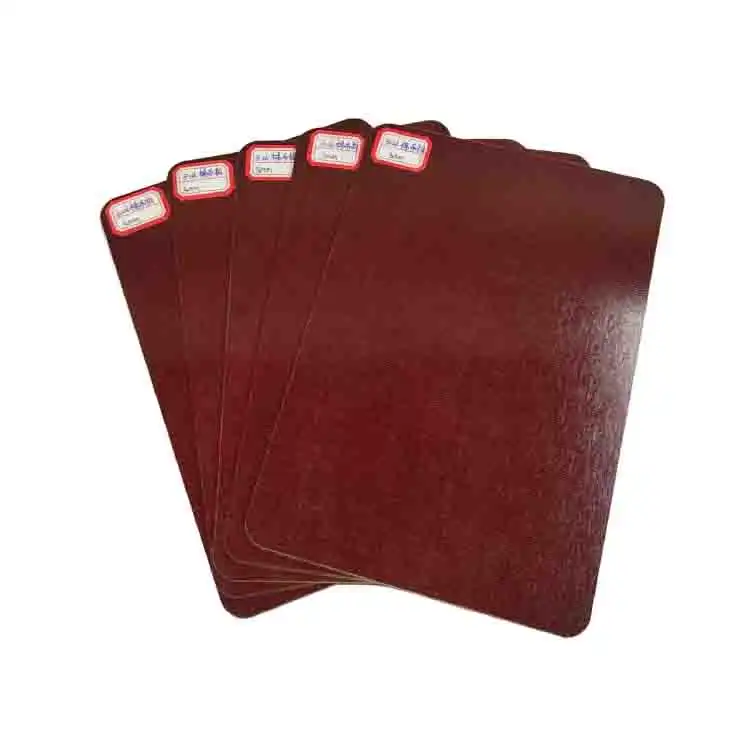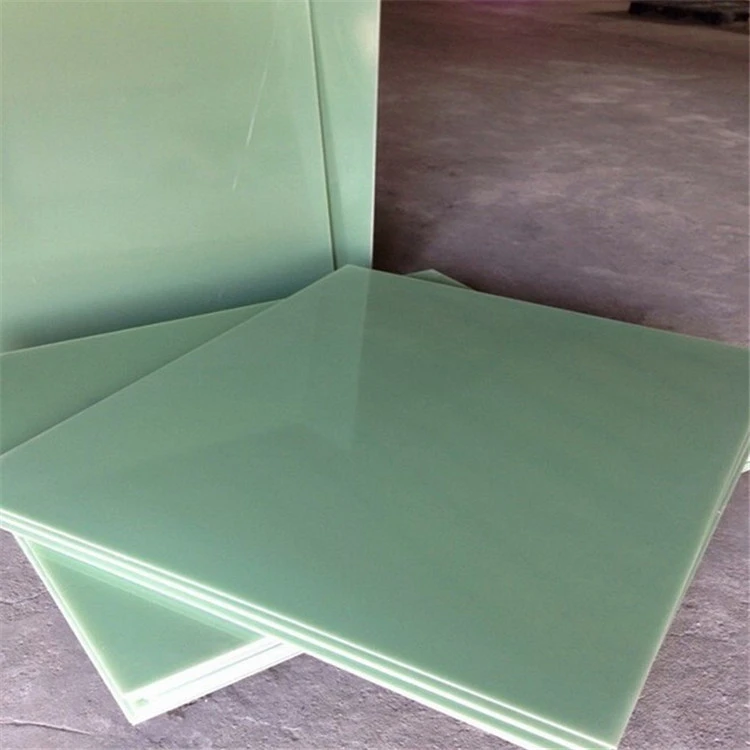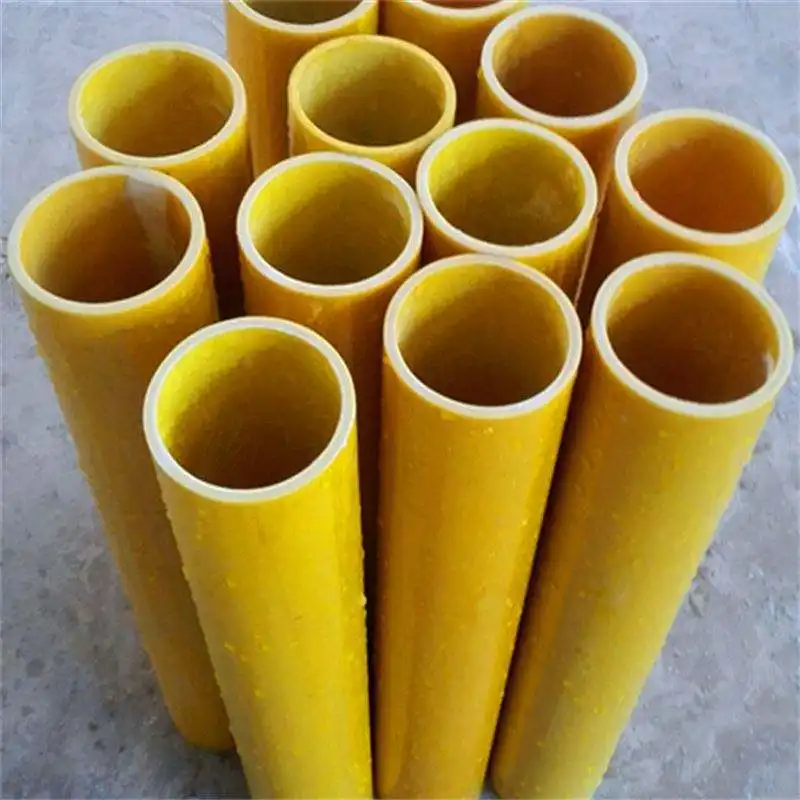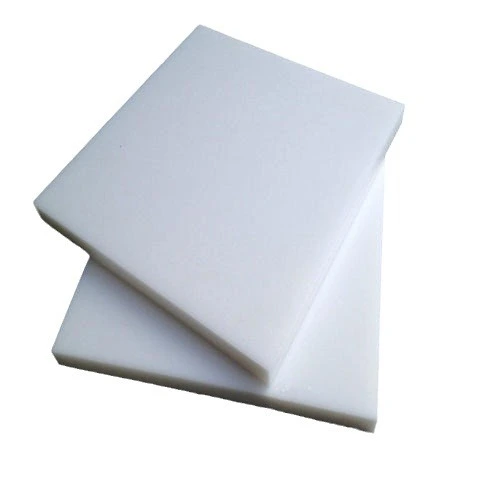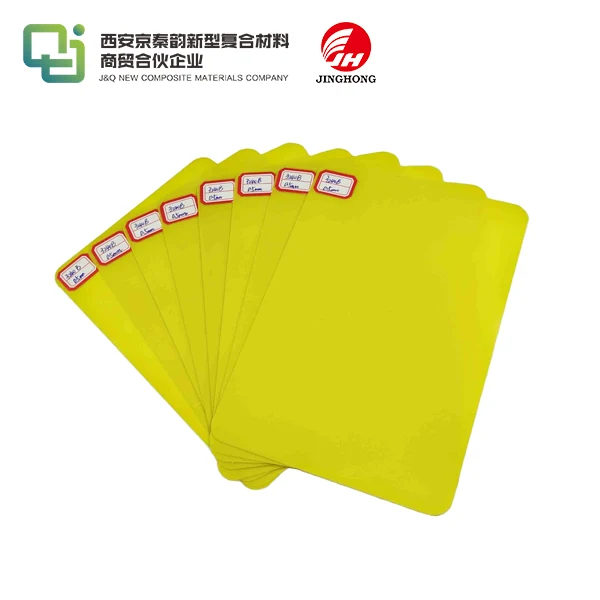Is PP toxic after heating?
2022-11-09
PP plate sheet is a thermoplastic resin, abbreviated as PP in English. It is a kind of high molecular polymer with good molding, flexure resistance and high temperature resistance. It can be widely used as food grade plastic in food packaging, milk bottles, PP plastic cups and other daily necessities, as well as in household appliances, auto parts and other heavy industrial products. Today, our focus is on whether polypropylene is toxic after heating?
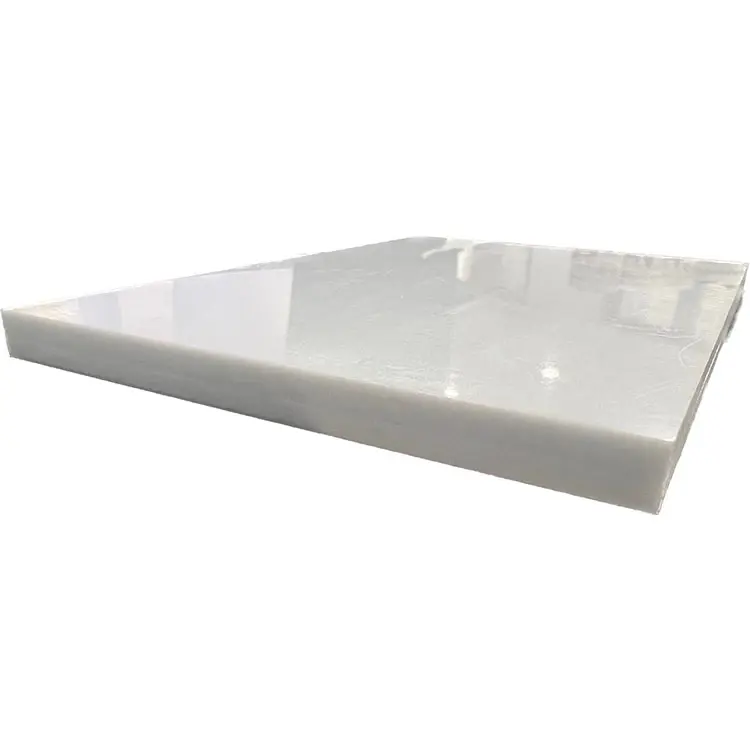
Heating to above 100 ℃: pure polypropylene is non-toxic.
Under normal temperature and pressure, polypropylene is odorless, colorless, non-toxic and translucent granules. Generally, unprocessed pure PP plastic particles are often used as the lining of plush toys. Children's entertainment factories also choose translucent PP plastic particles to simulate sand castles for children to play. After pure PP particles are melted, extruded, blown, and injected into pure PP products, such pure PP products are still non-toxic at room temperature. If they are heated at high temperature, even if the temperature is higher than 100 ℃ or even reaches the melting state, pure PP products are still non-toxic. However, pure PP products have high price and poor performance, such as poor light resistance and oxidation, and the service life of pure PP products can reach six months at most, Therefore, most of the PP products circulating in the market are hybrid polypropylene products.
Heating to above 100 ℃: PP plastic sheet are toxic.
As mentioned above, pure polypropylene has poor performance. Therefore, when processing polypropylene plastic products, manufacturers will add lubricants, plasticizers, lightfast agents and other substances to improve their performance and enhance their life. The maximum temperature of the added polypropylene plastic products is 100 ℃. Therefore, under 100 ℃ heating environment, hybrid polypropylene products will appear non-toxic, However, once the heating temperature exceeds 100 ℃, polypropylene products will release plasticizers and lubricants. If such products are made into cups, bowls and barrels, these additives will enter food and water, and then enter human bodies through the mouth. In this case, polypropylene will be toxic. Whether polypropylene is toxic or not depends on its application scope and conditions. To sum up, pure polypropylene is generally non-toxic. If it is not pure polypropylene, its use temperature will be toxic once it is higher than 100 ℃.


